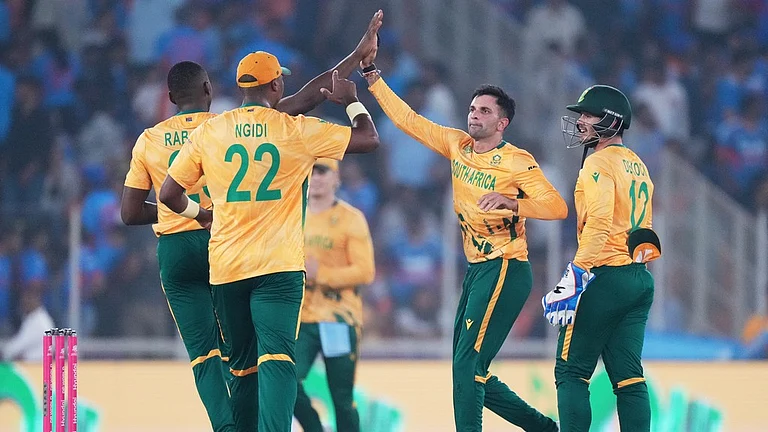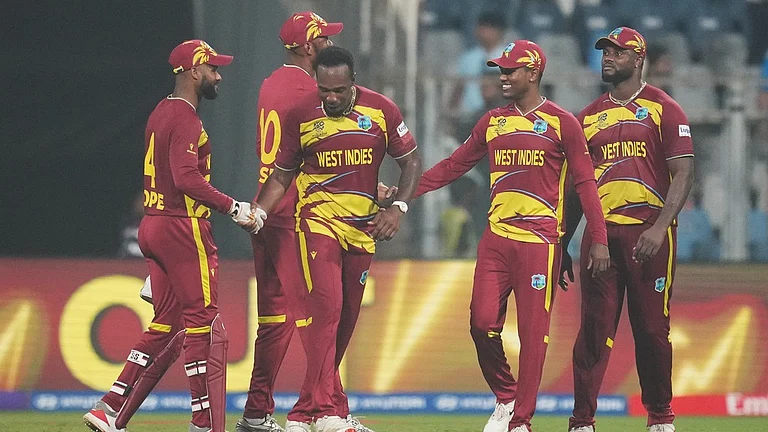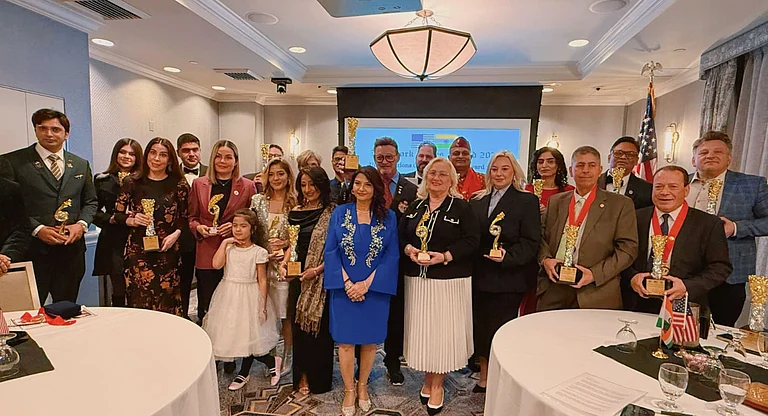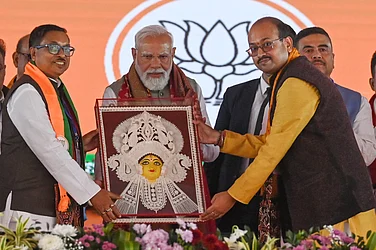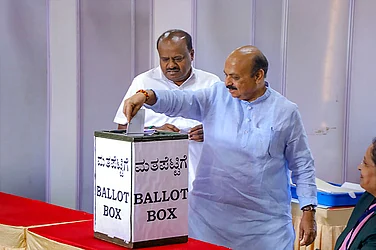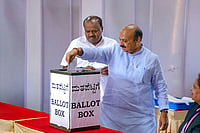The bench led by Justice D Y Chandrachud, further held that marital status could not be the determination of access to safe abortion.
The apex court’s observation came while discussing provisions of the Medical Termination of Pregnancy Act (MTP Act) and its subsequent rules. The court ruled that the provisions cannot be read in a restrictive manner that would effectively debar unmarried women to seek an abortion beyond 20 weeks.
Marital rape has always been a taboo subject in India however its gaining prominence among modern Indians, with a lot of them wanting it to be criminalized. The door of the courts though has firmly been shut for marital rape survivors in India for the longest time.
Where does India stand on marital rape laws?
As per Section 375 of the Indian Penal Code (IPC), rape includes all forms of sexual assault involving non-consensual intercourse with a woman. However, under Exception 2 to Section 375 unwilling sexual intercourse between a husband and a wife over 15 years of age does not constitute “rape” and thus prevents such acts from prosecution.
One of the two exceptions provided under Section 375 states "sexual intercourse by a man with his wife, the wife not being under fifteen years of age, is not rape".
India has been hanging on a thread in its fight to criminalise marital rape. In May, early this year, the Delhi High Court delivered a 1:1 split verdict on the issue of criminalisation of marital rape and said that the matter will have to be considered by the apex court. The two-judge bench of justices Rajiv Shakdher and C Harishanker gave differing opinions on whether certain sexual acts done by a husband should be Constitutional.
The JS Verma Committee, which was set up in the aftermath of the December 2012 rape case, had also recommended changes to rape laws making marital rape a criminal offence.
However, in 2016, the Women and Child Development minister Maneka Gandhi in her written reply said that the concept of marital rape cannot be applied in India, "due to various factors like level of education/illiteracy, poverty, myriad social customs and values, religious beliefs, the mindset of the society to treat the marriage as a sacrament."
In its recent judgement in March, early this year, the Karnataka High Court said that “rape is a rape”, be it performed by a man the “husband” on the woman's “wife”.
Why does the SC observation matter?
About 32 per cent of women in India, who have ever been married, have experienced spousal physical, sexual, or emotional violence, according to the latest fifth round of the National Family Health Survey (NHFS-5).
A recent report by the United Nations revealed that 25 per cent of married women in the 18-49 years age group who have experienced spousal physical or sexual violence report having physical injuries, including seven per cent who have had eye injuries, sprains, dislocations, or burns and 6 per cent who have had deep wounds, broken bones, broken teeth, or any other serious injury.
In the case of marital rape, India continues to adhere to the archaic colonial law where unwilling sexual contact between a husband and a wife is not recognised as a criminal offence.
Activists alleged that this exception gives immunity to men from a punishable offence of rape when committed in a contract of marriage and violates the Constitution.
Where do other countries stand on the issue?
India is one of 36 countries including Pakistan, Afghanistan, Bangladesh, Egypt, Algeria and Botswana that have not criminalised marital rape.
According to a UN Women report, most of these countries were developing nations including China, Myanmar, Sri Lanka, Haiti, Laos, Mali, Senegal, and Tajikistan.
While the United States have criminalised marital rape across its 50 states, the legislation differs from state to state.
Marital rape has been criminalised in Britain where the accused can be sentenced to a lifetime in prison.
Russia became the first country to remove the marital exemption from sexual violence laws and criminalised marital rape.
In China, marital rape is neither a criminal nor a civil offence.








